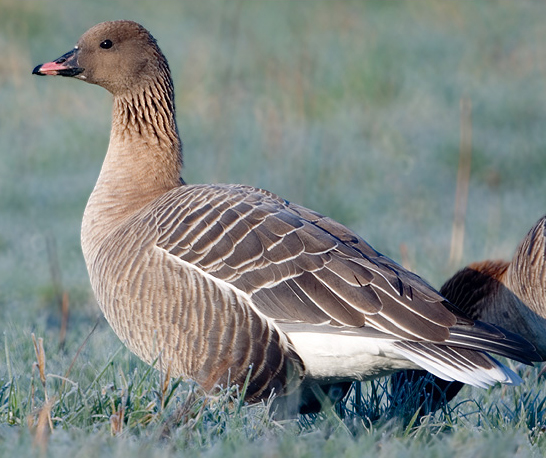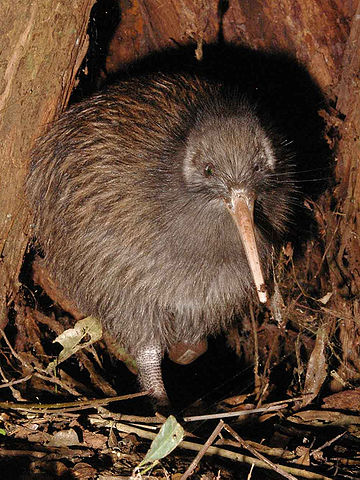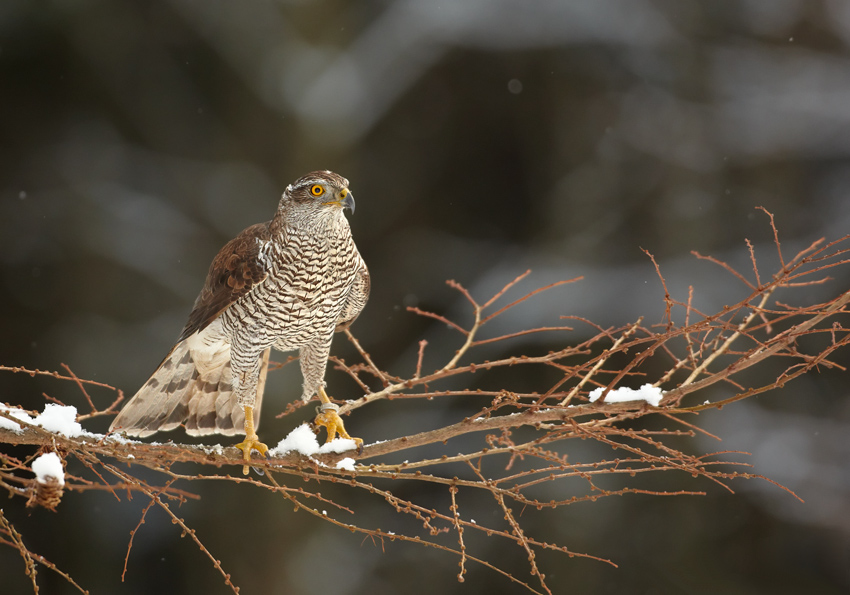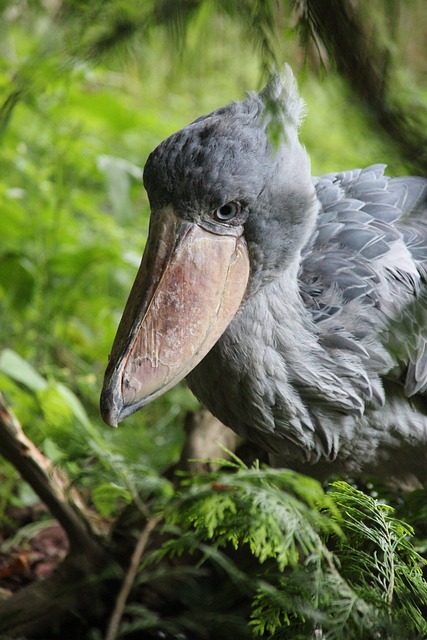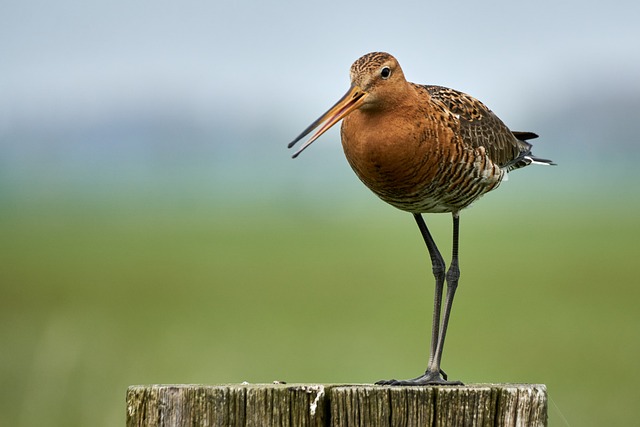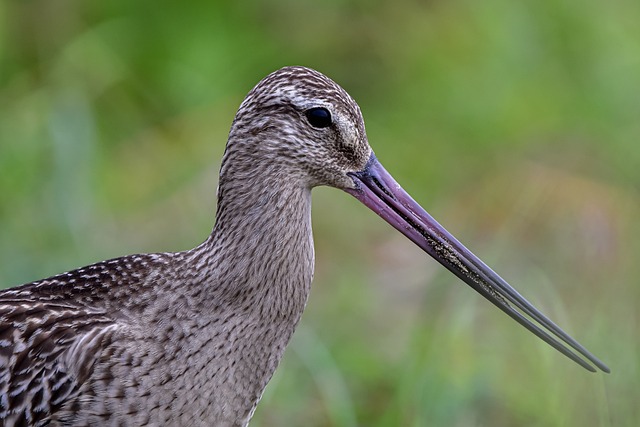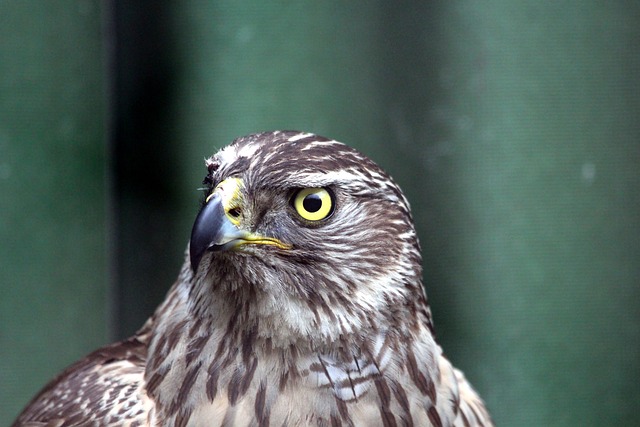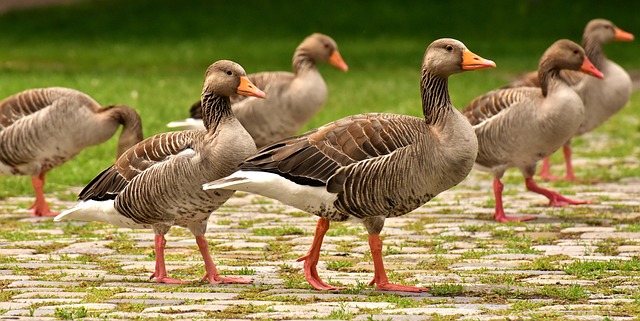In this article we bring you some facts about the ostrich
Struthio is a genus of birds in the order Struthioniformes, whose members are the ostriches.
It is part of the infra-class Palaeognathae, a diverse group of flightless birds also known as ratites that includes the emus, rheas, and kiwis.
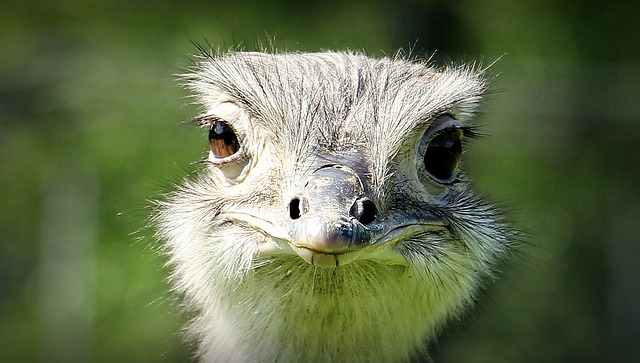
There are two living species of ostrich, the common ostrich and the Somali ostrich.
They are large flightless birds of Africa who lay the largest eggs of any living land animal. With the ability to run at 70 km/h (43.5 mph), they are the fastest birds on land.
It is farmed worldwide, particularly for its feathers as they are used as decoration and feather dusters. Its skin is also used for leather products.
Facts
Ostriches live in Africa.
The common ostrich is the largest living species of bird.
The common ostrich lays the largest eggs of any living bird.
One egg weighs about 24 chicken eggs.
An ostrich egg measures 15 centimeters.
Ostrich chicks are about the size of a chicken.
Common and Somali ostrich are the last two living species.
There are four living subspecies.
They live in groups of 5 to 50 birds.
Common ostriches usually weigh from 63 to 145 kgs.
It is the fastest land speed of any bird.
Ostrich can run at a max of 70 kms per hour.
They are flightless birds.
A group of ostrich are called a herd or flock.
Males, females and young ostriches have different colors.
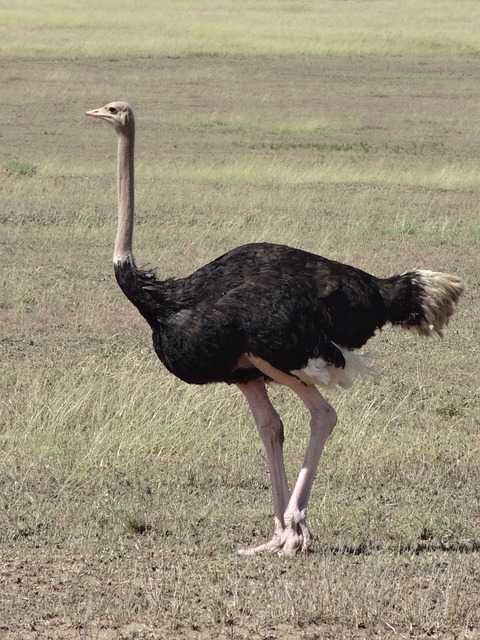
Males can be recognized by black and white color.
Females and young are usually grayish, brownish and white.
The ostrich is the only bird with two toes.
They have very strong legs.
Ostrich has the biggest eyes in the whole animal kingdom.
The common ostrich is farmed particularly for its feathers.
In some countries, people race each other on the backs of common ostriches.
There are around 2 million ostriches that can be found around the world.
Common ostriches in captivity have lived to 62 years.
Ostriches can survive several days without drinking water.
Ostriches have three stomachs.
Ostriches don't hide their head in the sand.
They will lay their head on the ground if they sense a danger.
The breeding season of ostriches begins in June or July every year.
